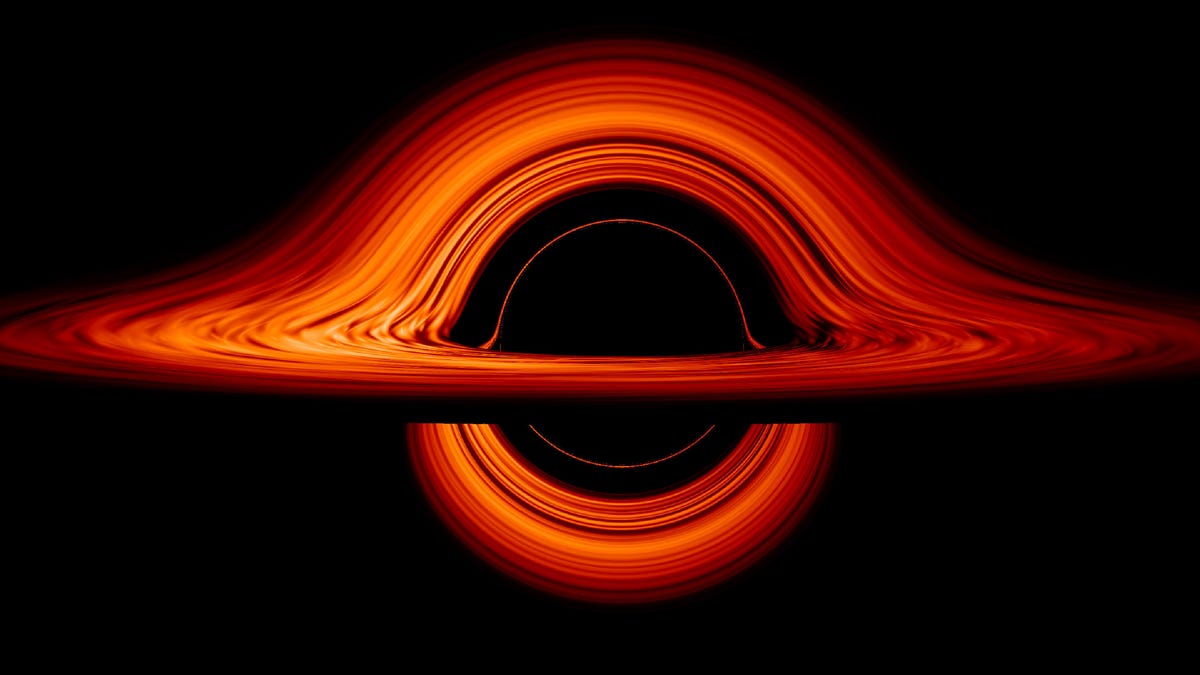NASA, in Reddit AMA, says Earth probably won't be eaten by a black hole
Nothing can escape the gravitational pull of a black hole, so it's good we're not getting sucked into one anytime soon.
Everyone loves black holes. They're weird and mysterious and we all went nuts when we saw the first image of a black hole in April. NASA's black hole experts popped up on Reddit on Friday to field questions about these enigmatic objects.
There's a lot of fascinating information in the discussion, but the best news is that a black hole probably won't inhale our planet. Whew.
NASA research astronomer Varoujan Gorjian took the lead on answering the question, which asked how likely it was for our planet to be devoured by a black hole. "Not very likely at all. Space is very big and the likelihood of a black hole passing very near us is extremely unlikely, especially since black holes themselves are rare objects," Gorjian wrote.
Wait a minute ... passing by us? Yep. Some black holes can move.
"The really massive black holes at the centers of galaxies will stay there unless something catastrophic happens, like a direct collision between two galaxies," NASA's Chandra website shared in 2011. "The much smaller black holes formed from the explosions of stars can move fairly quickly because they receive a kick from the explosion."
NASA released an entertaining black hole safety video this week that covers the basics of these astronomical objects. The Reddit Q&A delves into more detailed science discussions. They both come to the same conclusion: You wouldn't want to get close to a black hole in person.
You "would probably be crushed into an infinitesimally small point," wrote McGill University physicist Daryl Haggard on Reddit.
It's a good thing we're not expecting a black hole to come anywhere near Earth. Asteroids, however, are another matter.


